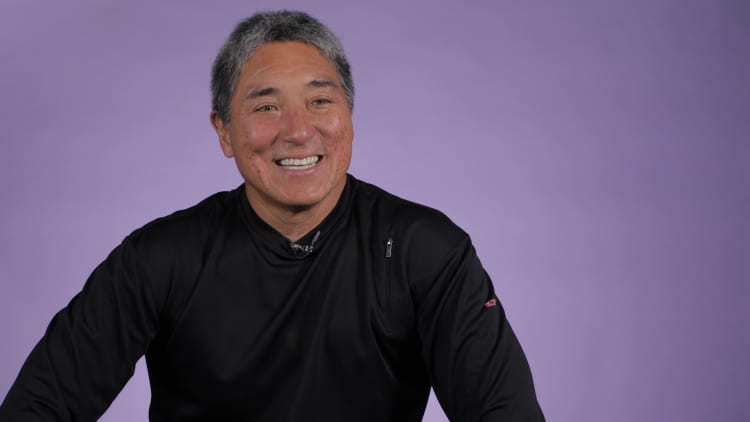Amazon is a business about efficiency: You can order almost anything you want and it will arrive on your doorstep extremely quickly.
Founder and CEO Jeff Bezos says it's built into the company's DNA: "At Amazon, I know what the big ideas are: low prices, fast delivery and vast, huge selection," he said in September.
But for employees at Amazon, there is actually a time to be inefficient too, Bezos said in his annual letter to shareholders, published Thursday.
Bezos calls it "wandering."
"Sometimes (often actually) in business, you do know where you're going, and when you do, you can be efficient. Put in place a plan and execute," Bezos writes. "In contrast, wandering in business is not efficient."
But "the prize for customers is big enough that it's worth being a little messy and tangential to find our way there," he writes.
Wandering is guided "by hunch, gut, intuition, curiosity," and it is "an essential counter-balance to efficiency," Bezos says. "You need to employ both. The outsized discoveries — the 'non-linear' ones — are highly likely to require wandering."
Bezos wants to give Amazon's 647,500 full- and part-time employees (as of December) room to do more than execute.
"From very early on in Amazon's life, we knew we wanted to create a culture of builders — people who are curious, explorers. They like to invent," Bezos writes. "Even when they're experts, they are 'fresh' with a beginner's mind. They see the way we do things as just the way we do things now."
In addition to time for wandering, that also means there needs to be room to fail.
"A builder's mentality helps us approach big, hard-to-solve opportunities with a humble conviction that success can come through iteration: invent, launch, reinvent, relaunch, start over, rinse, repeat, again and again. They know the path to success is anything but straight," Bezos writes.
Sometimes that even means having "multibillion-dollar failures," he says.
The calculus behind having the confidence to wander and fail is knowing that when an idea works, it can work big.
For example, "no customer was asking for Echo. This was definitely us wandering," says Bezos.
"Market research doesn't help. If you had gone to a customer in 2013 and said, 'Would you like a black, always-on cylinder in your kitchen about the size of a Pringles can that you can talk to and ask questions, that also turns on your lights and plays music?' I guarantee you they'd have looked at you strangely and said, 'No, thank you,'" Bezos writes.
Since being released, however, the Echo has been wildly successful. Customers have bought more than 100 million devices to run Alexa.
"The good news for shareowners is that a single big winning bet can more than cover the cost of many losers," Bezos says.
See also:
Elon Musk calls Jeff Bezos a 'copycat' on Twitter, for launching satellites
Jeff Bezos: Forget Mars, humans will live in these free-floating space pod colonies

Like this story? Subscribe to CNBC Make It on YouTube!


